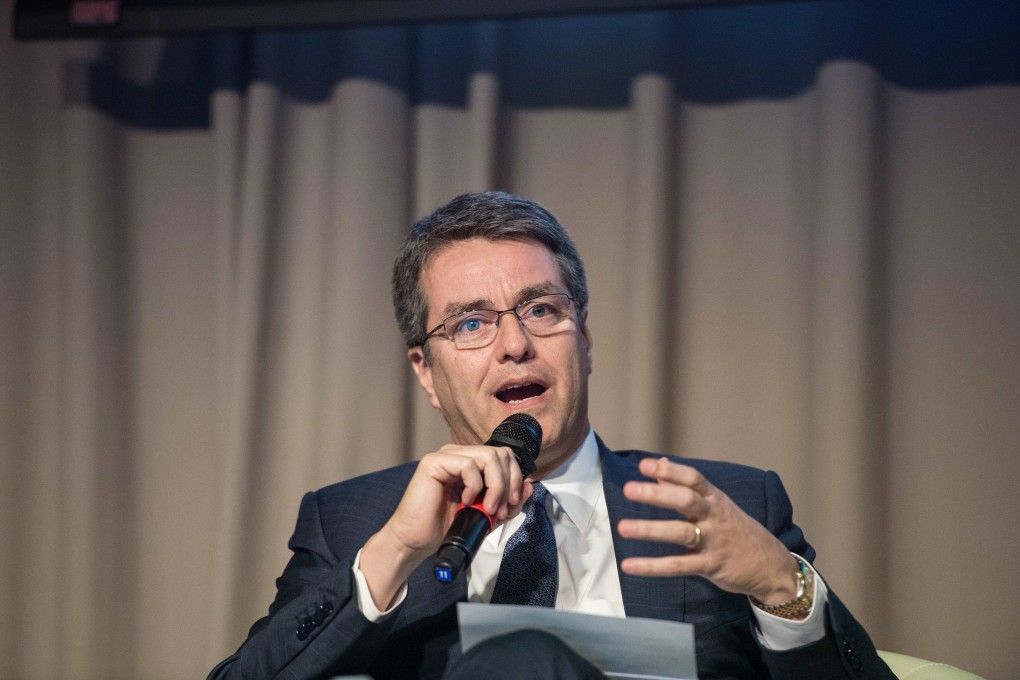Macroscope | Ray of hope flickers on the horizon for WTO
Plurilateral approach mooted as way for WTO to tackle issues hindering Doha Round at today's meeting, seen as the last chance for compromise

Anyone interested in international trade is accustomed to disappointment with the World Trade Organisation. The growing mountain of failed talks and missed deadlines in the Doha Round has strained credibility to breaking point.
The atmosphere of distrust in Geneva is pervasive. The viability of the institution is in the balance as never before. Those of us who kept the faith over the years, certain that common sense would ultimately prevail, are no longer so sure.
Institutions rarely die. They just become the ghosts of past glories and stumble on. This could be the fate of the WTO, one of the pillars of post-war prosperity.
But after a decade-and-a-half of missed opportunities for progress in the Doha Round, a ray of hope flickers on the horizon. Some WTO members are at last talking openly of a new approach.
WTO director-general Roberto Azevedo has publicly acknowledged that the days for business as usual are gone. The latest drama was triggered in July by India's refusal to stick to a deal on facilitating trade that was agreed to in Bali, Indonesia, in December. It was to have been an early harvest that would banish years of stalemate in the Doha negotiations.
The WTO convention of consensus decision-making made possible India's move to dash those hopes. Consensus can too easily become veto. India's position was barely supported by others. And it was not even about trade facilitation. It was hostage-taking on farm subsidies putatively linked to food security.
